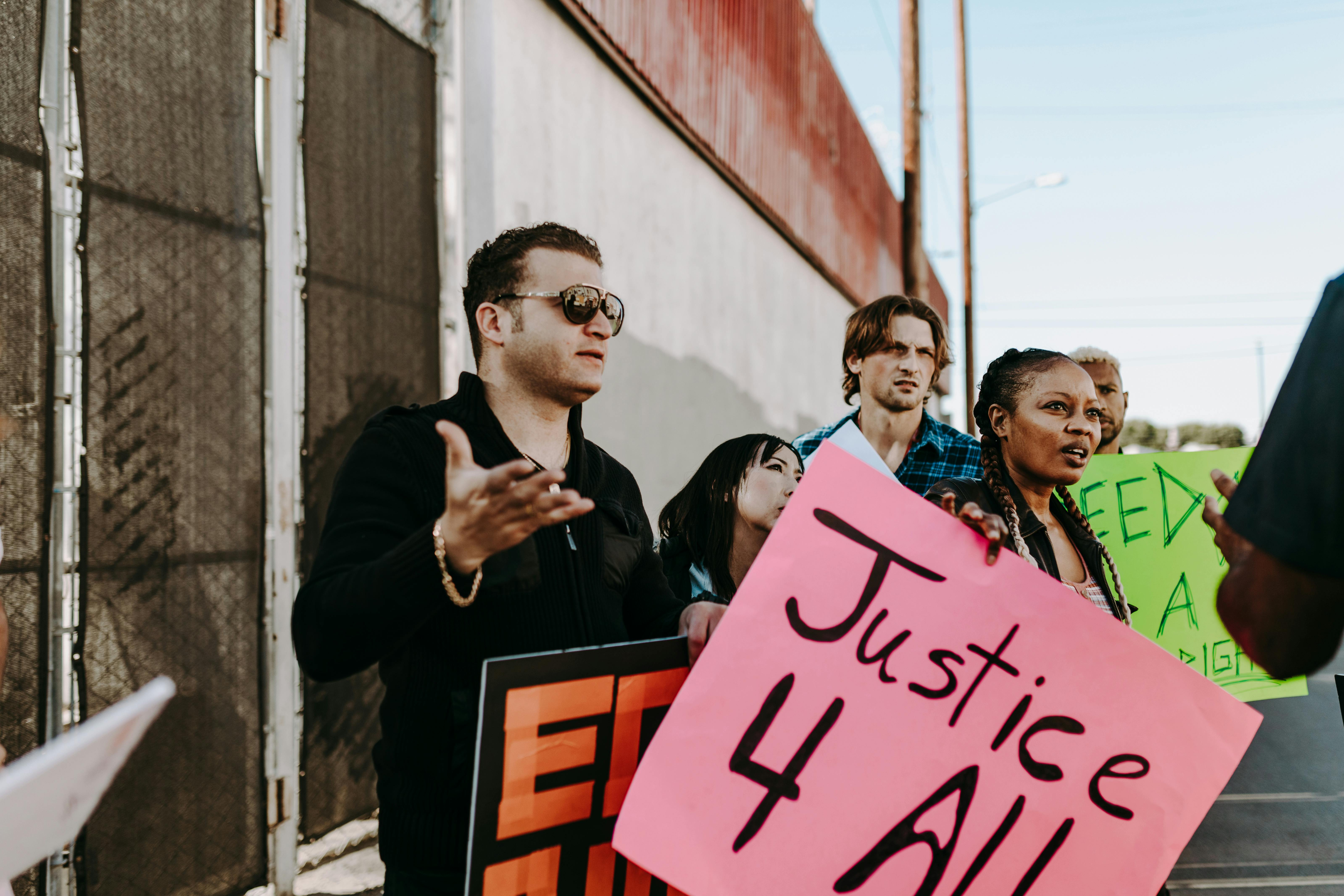
Is the plea bargain just an inducement for the defendant to plead guilty?
I can’t answer that question and I’m certainly not in a position to; I can only speculate, but judging from the case of a young woman who rejected a plea deal and unsuccessfully defended her case, it seems that those who lose their cases after rejecting a plea deal that was offered seem to be penalized.
The young woman in question is Jennifer Mee from Florida. At nineteen she made an appointment with a young man with the intention of robbing him; hers two male friends of hers carried out the robbery that ended fatally.
Under Florida law, all participants in a fatal robbery are just as equally guilty of the murder as the person who committed the murder, even if they themselves had nothing to do with the murder.
The only question I’d like to know the answer to is, “Why didn’t Jennifer’s attorney advise her to take the plea bargain if Jennifer was clearly guilty of murder under Florida law?”
Whether one agrees with this law, that is the law in Florida whether we like it or not.
If you are playing sports, this is not the time to be discussing the rules of the game while practicing.
Jennifer’s lawyer must have known that she was clearly guilty based on the evidence.
He was offered a fifteen-year sentence as a plea deal for pleading guilty, but instead pleaded not guilty.
Jennifer was an uneducated twenty-year-old woman with little life experience, so it’s easy to understand why she would have taken professional advice.
She was found guilty of first degree murder and sentenced to life in prison without the possibility of parole.
What a difference in sentences, fifteen years for pleading guilty or life without parole for pleading not guilty. Is this last sentence a penalty for defending yourself?
I’m no legal expert, but this seems to be unethical, if not illegal.
The harsh sentence appears to be for defending himself and not for participating in a fatal robbery.
Here are some facts that should be considered:
1 Jennifer Had No Prior Conviction
2 Jennifer Had No History Of Violence
3 Jennifer had no intention of killing the victim.
4 Jennifer is not responsible for what another person does with a firearm.
I simply cannot understand why any attorney would have advised Jennifer to accept a plea bargain since, based on the facts of the case, she was facing an indefensible charge.
One simply wonders if plea bargains are really ethical because a person is guilty or not guilty, so someone who is not guilty can take a plea deal.
Plea agreements provide an incentive for the defendant to plead guilty with the promise of a reduced sentence. Those who reject the plea agreement are penalized for defending the charges.
I asked Jennifer why she never accepted the plea bargain she was offered.
She said: “His lawyer told him they were going to take him to trial.”
No reason was given for this decision, but according to Jennifer, she was under the impression that life meant 25 years, and compared to what she was offered in the plea bargain, she’s better off fighting.
It is true that Jennifer did not kill anyone but, according to Florida law, she was just as guilty of murder as the one who pulled the trigger, even though she or the others involved in this crime never intended to kill the victim.
So how could Jennifer’s lawyer not see that? That’s a question I probably won’t get an answer to.